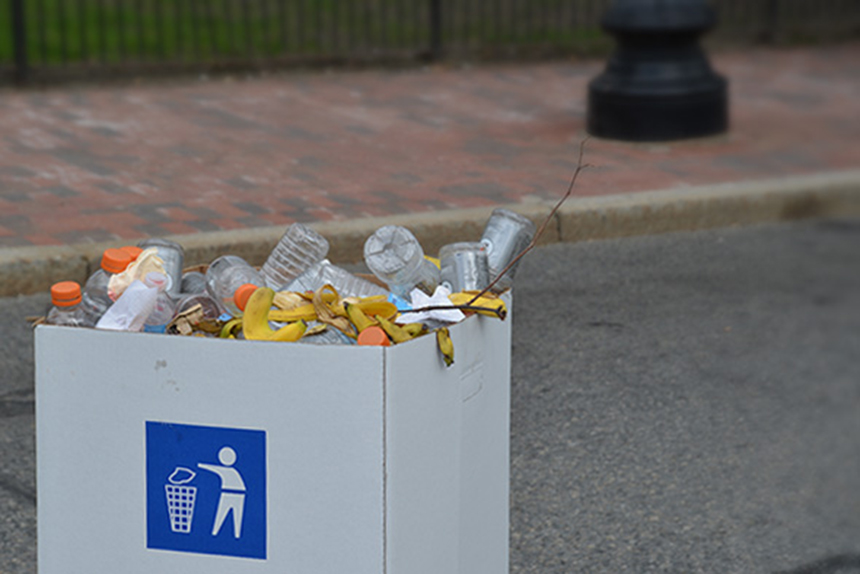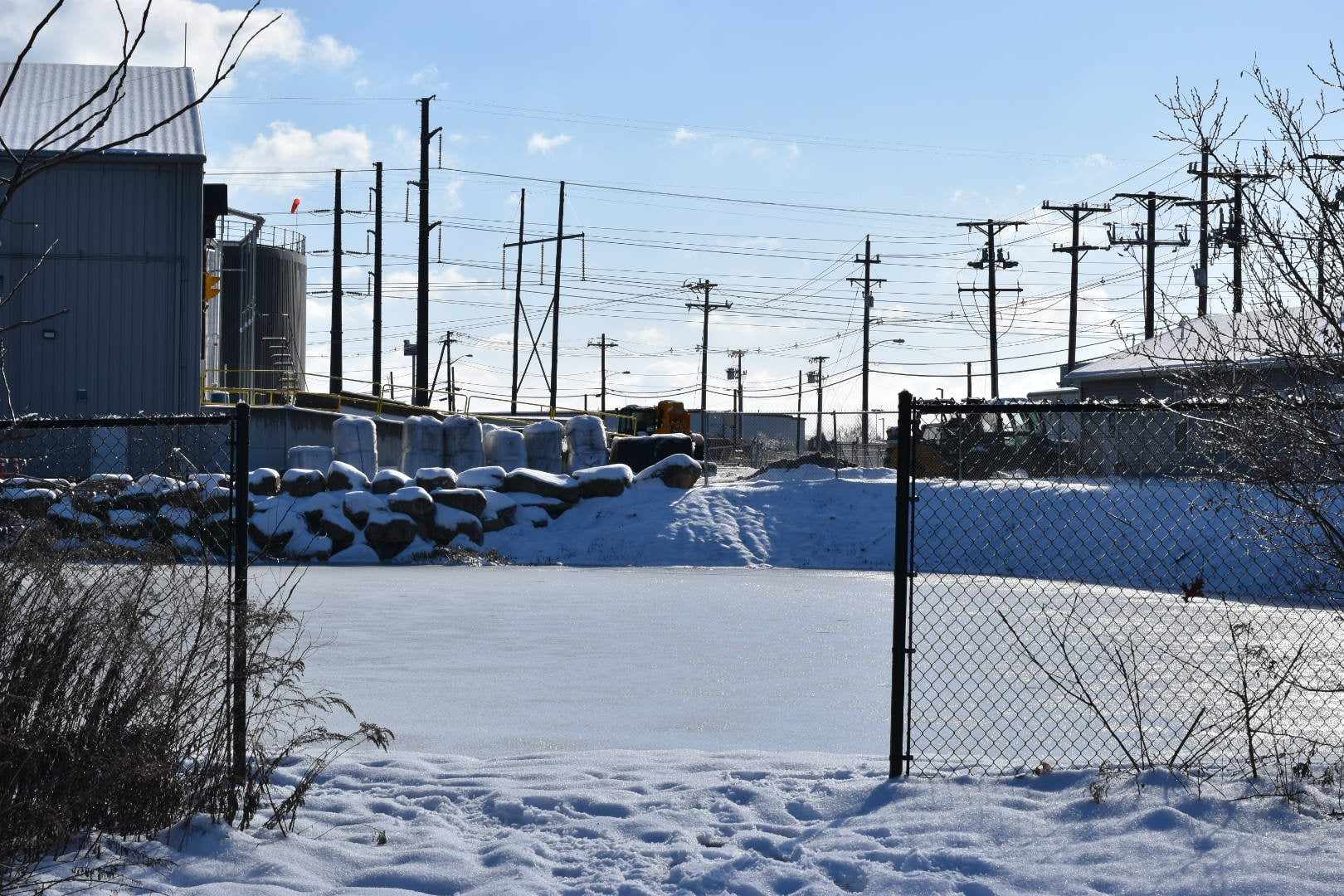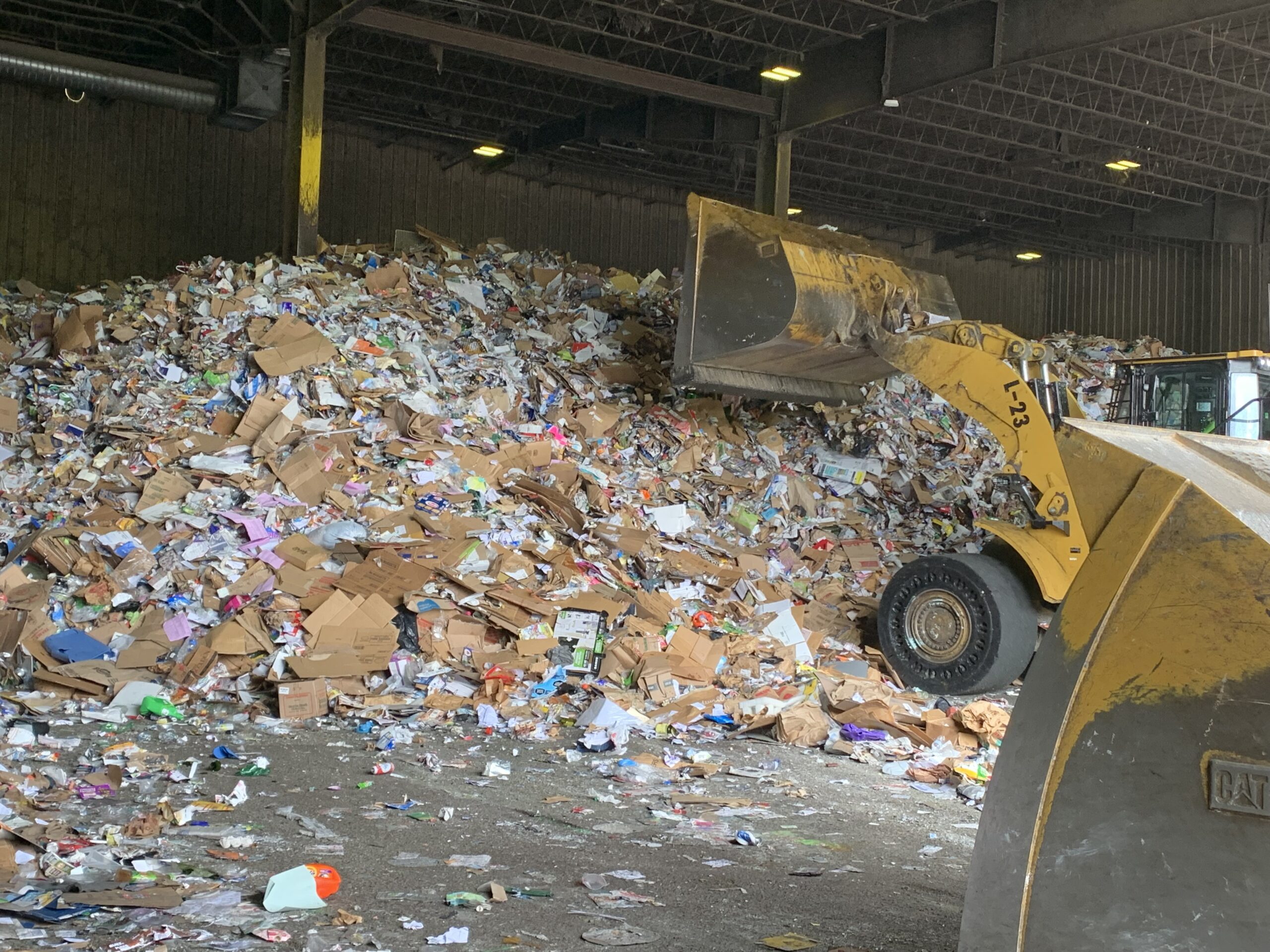Commercial Compost Getting Close … Again
March 12, 2013
JOHNSTON, R.I. — Commercial-scale composting may again be coming to Rhode Island. Orbit Energy Inc. of Raleigh, N.C., has re-emerged as the probable contender to build an anaerobic digester near the Central Landfill.
Anaerobic digestion decomposes food scrap and other biodegradable material without oxygen to create a burnable biogas for generating electricity. The food scrap also produces a fertilizer byproduct.
Anaerobic digestion is considered a renewable energy for reducing landfill gas emissions. As a green energy, it qualifies for the state renewable energy contract program, which offers a fixed electricity pricing. The 20-year pricing project was established in 2011 as an incentive for developers of large-scare renewable energy projects such as wind turbines and solar arrays.
Orbit’s 3.2-megawatt digester project was awarded a power purchase agreement with National Grid prior to the new legislation. National Grid agreed to buy electricity for 9.5 cents per kilowatt-hour for the first year, followed by annual 2 percent price increases. The contract lasts for 15 years, with the possibility of a six-year extension that must be approved by the state Public Utilities Commission.
The only remaining task for the project is finding a source for the organic waste, said Mark Corigliano, business development manager for Orbit. He’s reaching out to universities, large grocery stores and businesses to provide the food scrap to help fill the 125-ton daily capacity for the digester.
“This is really the last piece of the puzzle before we can start construction,” Corigliano said.
If food-scrap contracts are signed soon, construction can begin this fall and the project can be operational in mid-2014, according to Corigliano.
Orbit currently operates a smaller demonstration digester near its headquarters in Clinton, N.C. The company plans to break ground on a 5 megawatt digester in Concord, N.C. later this year. Projects are also underway in California and Washington State. Two years ago, Orbit said it hoped to break ground on the Johnston site by the end of 2011. It wasn’t until October 2012, however, that funds were secured for the project.
An estimated 250 tons of organic waste heads to the Central Landfill daily. According to the Environmental Protection Agency, only 2 percent of Rhode Island’s compostable waste is diverted from the landfill.
Categories
Join the Discussion
View CommentsRecent Comments
Leave a Reply
Your support keeps our reporters on the environmental beat.
Reader support is at the core of our nonprofit news model. Together, we can keep the environment in the headlines.
We use cookies to improve your experience and deliver personalized content. View Cookie Settings




What's their proposed business model around getting the food waste? Are they going to charge a tipping fee? Allow partners to bring food waste for no charge? Pay for the "fuel" like a traditional power plant?